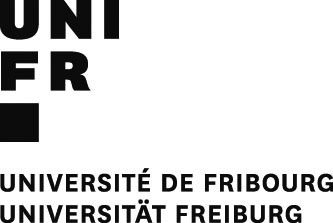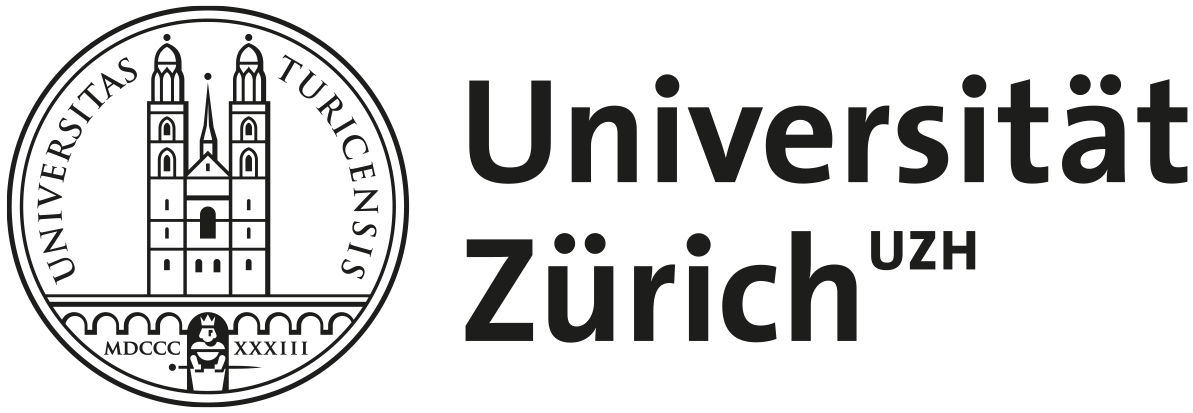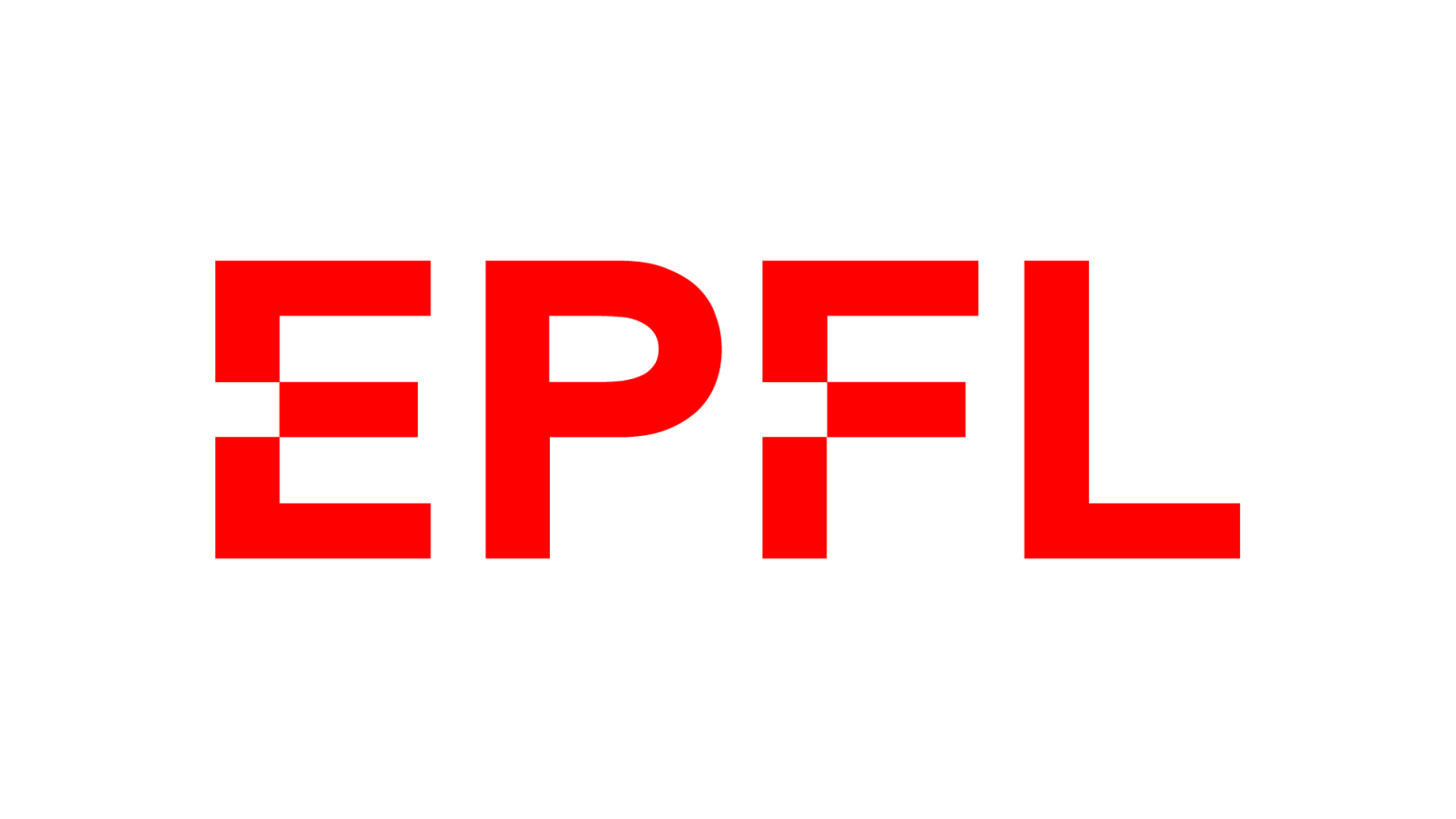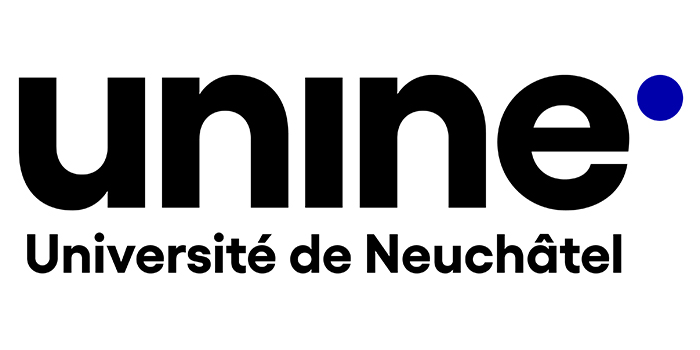Financing the doctoral thesis
- Assistantships – Doctoral candidates may be employed as research or teaching assistants, enabling them to work on their thesis while actively contributing to the academic life of their faculty. A portion of their workload is dedicated to thesis writing (this percentage varies across institutions).
- Swiss National Science Foundation (SNSF) – The SNSF funds doctoral positions within independent research projects. Grants cover salaries, research expenses, and mobility. Individual fellowships (Doc.CH) were discontinued in 2024.
- Co-funded Doctorates with Private Sponsors – In some cases, doctoral candidates may receive funding from private companies or foundations. These sponsored doctorates sometimes involve collaborative research with the company, providing a direct link to the industrial sector. The university supervises and validates the project, while the funding is largely provided by external actors.
- Doctoral Programmes and Graduate Schools – Some universities offer scholarships through structured doctoral programmes or graduate schools, which provide financial support along with structured supervision.
- Regional Funding and Private Foundations – Several private foundations and cantonal initiatives support doctoral studies in specific fields or themes, sometimes with a focus on diverse profiles. As these grants typically do not constitute salaries, social security benefits (unemployment, pension, disability, etc.) are excluded. They are most often awarded as a one-time lump sum.
Regardless of the funding model chosen, doctoral candidates may apply for additional grants to support national or international mobility. These allowances usually cover one semester, sometimes two, at a partner institution, with the aim of strengthening their academic network and skills.
Links : EPFL, ETHZ, SNSF, Fundraiso, HSG, UniBe, UniFr, UniGe, UniLu, UniNE, USI, UZH










